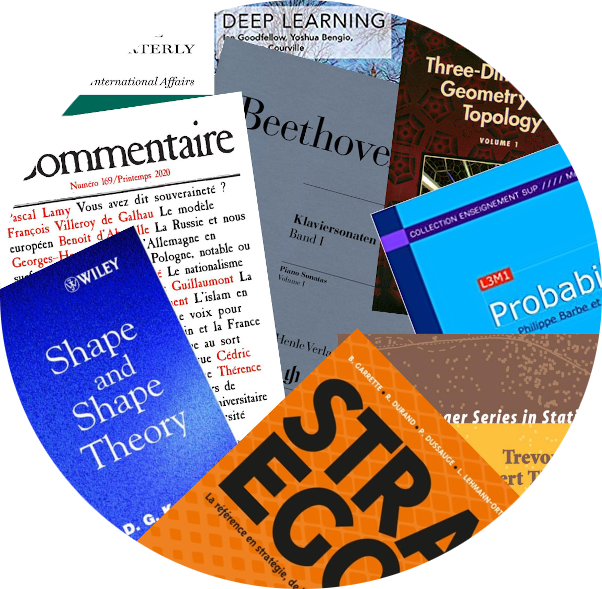 Philippe Barbe
Philippe Barbe

|
Why?by Philippe Barbe
06 Oct 2021
|
“Why?” is a question about making sense of things: Why are we doing this project? Why are you offering me that compensation? Why are you asking me these questions?
Employee, Manager, CEO… we all need meaning. One of the key roles of leaders is to create meaning. People act because their actions are meaningful to them.
Asking “why?” questions legitimacy: if there is no clear reason for a decision or a project, then it is arbitrary. If the decision is arbitrary then what is the basis for leadership of a team or a project, for followership? “Why?” questions the legitimacy of authority. By questioning the legitimacy of the project or the decision, “why?” also questions the chain of command that led to it.
Asking “why?” is attempting to renew a commitment made freely. As a team member, I commit time and effort to a project. A satisfactory answer to “why?” will convince me to continue that commitment. An unsatisfactory one will make me wonder if it’s still worth working in the company.
As a subordinate, if I cannot explain to the hierarchy why I am doing something, why I decode this or that, then I am probably wasting my time and not producing anything of value.
Asking “why?” and answering it is acknowledging free will. It is also acknowledging thinking: equipped with an answer, the person asking the question is now in a position to evaluate the answer and decide on their response.
The why of the why of the why… leads to arbitrariness.
I used to discuss politics with my friend Mike. We disagree on all sorts of issues but it startled us that by relentlessly asking “why?” in an attempt to understand each other that our differences came to a single one: one believed in God and an afterlife, while the other found the matter irrelevant.
Why we held these divergent beliefs could be explained to some extent by our different lives, but we agreed that we could not find much rational reason for our different beliefs and that we had to live with our own arbitrariness. But that arbitrariness was shared convincingly, which meant that the understanding we gained allowed us to respect and appreciate the position of the other.
This does not mean that every business decision and project comes from our religious beliefs! But they ultimately come from some beliefs that define us, and by understanding these we can rationalize behavior, and not only accept decisions that we do not agree with, but even appreciate the people who make them.
So, while “why?” may seem a threatening question at first, properly answering it is a great source of peace. At a minimum, a manager unable to answer a “why?” question should return it, asking team members what they should do instead, get some coaching from the team to come up with an explanation. Managers not able to explain the whys should ask questions that help them to come up with answers and / or reevalute their thinking.
“Why?” can also be a sign of empathy, particularly if asked with a genuine desire to understand.
“Why have you done this?” asked to a subordinate in a tone of curiosity, not anger, indicates a desire to understand the person. It is a desire to assimilate the way of thinking of others and a sign of openness. It hints that help will follow as needed. If properly answered, the questioning of legitimacy turns into trust building and legitimacy reinforcement.
“Why?” is a question that is in the present.
But answering often requires giving context, explaining what led to the project or the decision, what happened in the past. Answering also requires putting that past in perspective to the future… this is what we expect the state of affairs to be after the matter is executed. “Why?”, asked in the present, informs a connection between the past and the future.
Being a question of the present explains why the answer may change: the present instantly recedes into the past, instantly gains on the future and pushes it further. The present deprecates anything.
Evaluating the anticipated consequences allows the decision to be evaluated freely, making following it a statement of individual will.
By connecting the past to the future, “why?” allows people to project themselves into that future. In that sense, it allows us to pass over the present and not to get stuck where we are. It is a question that pushes us forward.
A poor answer to a “why?” creates a disconnect between the past and the future. If there is no good reason then where are we going? And how did we get where we are? What was the point of getting there? It questions our own purpose.
If you are not convinced that “why?” is a question worth asking, and answering, a question that should be welcomed, ask yourself “why not?”